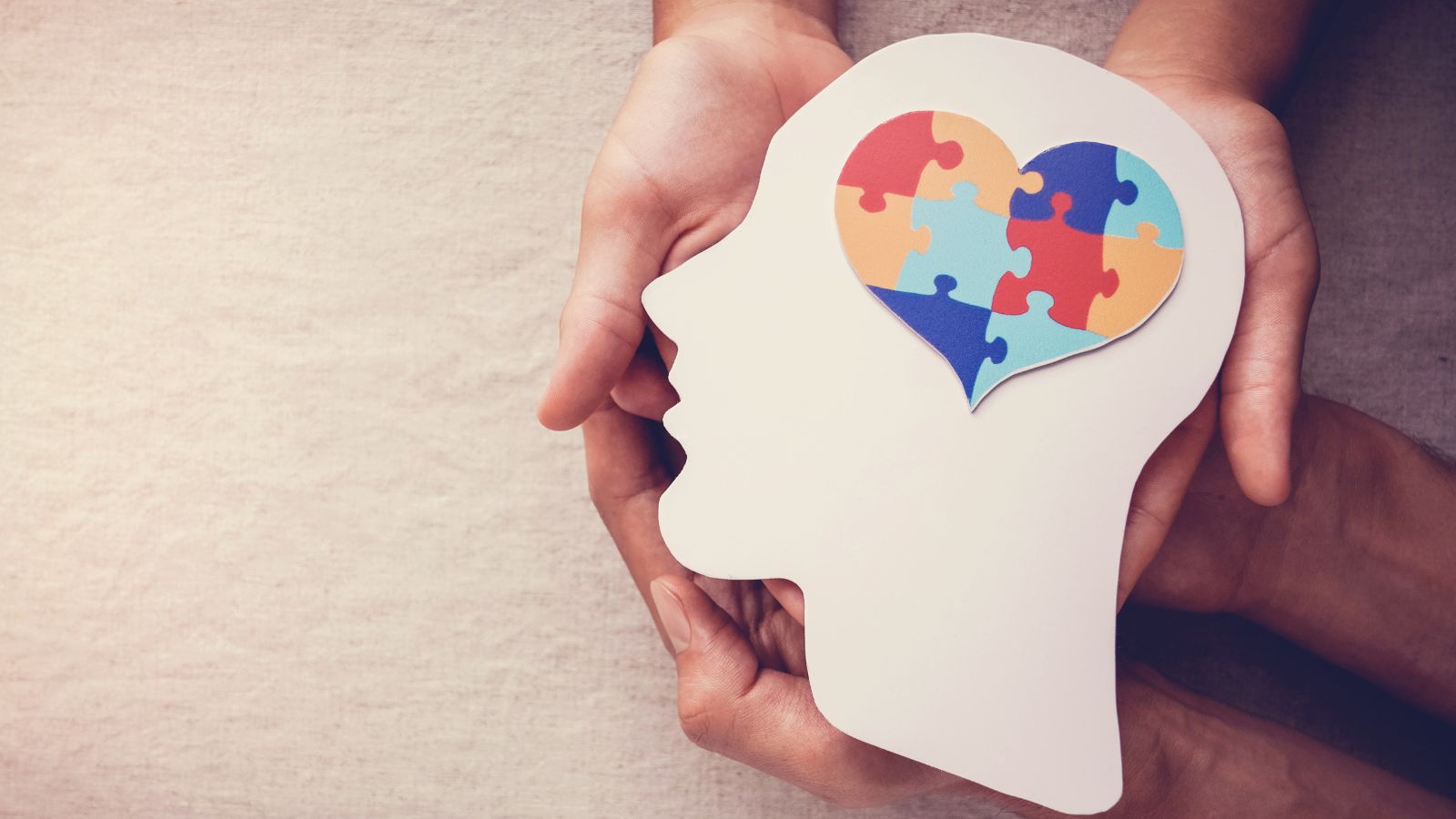
The importance of mental health has never been clearer.
The repercussions of COVID-19 led to new mental health challenges that are still felt worldwide. Access to safeguards such as social connection, daily routine and health services may be climbing, but risk factors including financial insecurity, unemployment, and a battered inflation remain high. Meanwhile, fear is intensified by headline-making stories on climate change disasters, escalating crime rates, mounting global conflict and others.
Addressing a array of mental health conditions, the staff at the Centre for Mental Health at University Health Network (UHN) are offering compassion and care. As one of Canada’s largest mental health research hospitals, the Centre is in a unique position to drive the integration of physical and mental health care forward in partnership with patients, caregivers and care providers.
The Centre’s group of more than 200 health professionals and more than 100 physicians are organized by six different divisions across UHN. These each contain specialised clinics and services that provide support to the diversity of patient groups through inpatient and outpatient services. It also offers Emergency Psychiatric Services.
Mental health divisions – and several clinics within them – are listed below.
DIVISIONS
ACUTE CARE AND GENERAL PSYCHIATRY delivers critical psychiatric care to patients experiencing a crisis and requiring urgent intervention.
EATING DISORDERS provides intensive, personalized treatment to patients as well as information, resources, and support to Canadians affected by this mental illness.
MEDICAL PSYCHIATRY provides mental health support to patients with complex medical and surgical illnesses in areas including oncology, cardiology and transplant.
OUTPATIENT MENTAL HEALTH & ADDICTIONS supports patients with a wide range of services, including substance use disorder treatment and culturally competent care.
POUL HANSEN FAMILY CENTRE FOR DEPRESSION advances multiple treatment types to provide integrated, wrap-around care in the treatment of mood disorders.
SENIORS’ MENTAL HEALTH supports patient care, research and education for older adults living with mental health issues such as cognitive impairment and mood disorders.
Within these divisions, specific clinics include:
The Family Support Program, helping families and caregivers who are supporting a loved one with a mental illness.
The IMPACT Unit, an outpatient program providing mental health services to adults living in downtown Toronto, working closely with patients when they are experiencing a crisis.
The Neuropsychiatry Service, providing psychiatric care to patients experiencing mental health illness within the context of a neurological disorder.
The Tourette Syndrome (TS) Neurodevelopmental Clinic, a specialized referral centre providing ongoing care for the local TS population.
The Transplant Psychosocial Team, supporting living organ donors, patients who are being assessed or waiting for a transplant and patients who have received a transplant and are experiencing distress.
The Psychosocial Oncology Clinic, a team that works together with members of the patient’s health care group to make sure concerns and anxieties are looked after throughout the cancer experience.
The Dalglish Family 22q Clinic, the world’s first multidisciplinary clinic devoted to adults with 22q11.2 deletion syndrome (22q11.2DS), a genetic condition can cause a combination of many different health problems.
The Urgent Care Clinic, treating those in need of immediate hospitalization or emergency department assessment.
The Asian Initiative in Mental Health Clinic, providing comprehensive psychiatric assessment and treatment for people of Chinese background.
Portuguese Mental Health and Addiction Services, offering mental health and addiction services to people who speak Portuguese.
In addition, while not specific to one clinic, Electroconvulsive Therapy (ECT) is a well-established procedure that is used to provide significant relief to mental health patients who have not responded to other forms of treatment (such as medication or psychotherapy). Through this procedure, small electric currents are passed through the brain, intentionally triggering a brief seizure and causing changes in brain chemistry that can reverse symptoms of certain mental health conditions.
Throughout these divisions and clinics, the Centre for Mental Health at UHN continues to advance practices in treatment, propelling vital patient care across the spectrum of mental health conditions.
